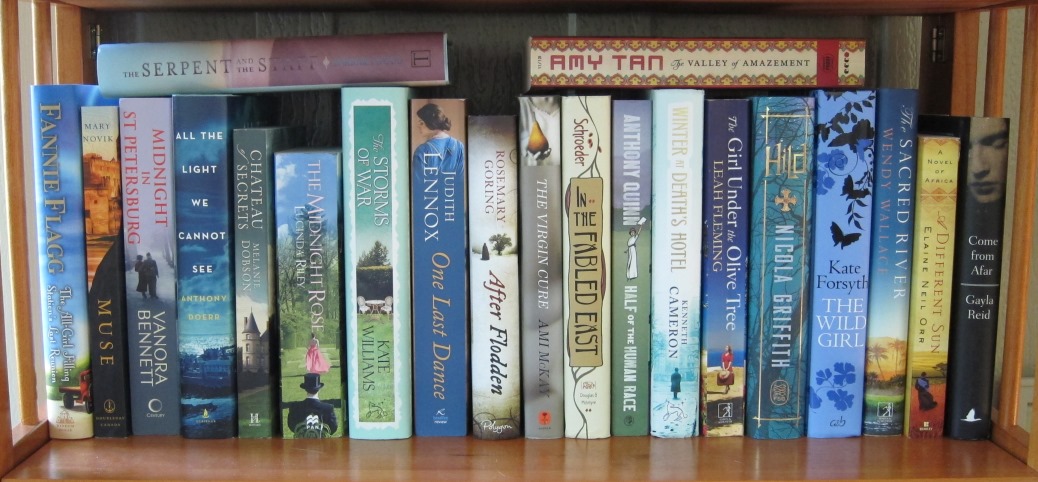David Lawrence-Young
Basically, there are five different types of publishers. 1) The ‘Big Boys,’ such as, Penguin, Simon & Schuster and Random House. 2) The medium sized ones, such as Querus, (UK) & Spinifex Press (Aus.), 3) e-book publishers such as my publishers, GMTA/Ravenswood (USA), Andrews (UK) and Zapmeta (UK), 4) Vanity publishers such as, Authorhouse and Xlibris and 5) Self-publishing.
In this blog I’m going to concentrate on the first three categories as I have no real working experience with the last two. It is true that I contacted several Vanity publishers in the past to find out what they were offering and once I read their contracts, I dropped the whole project like a hot potato.
To be published by the ‘Big Boys’ is probably every writer’s dream. They are the most prestigious, they invest all the money on production and publicity and they take on all the financial risks. You can find their books in all the major bookstores such as Waterstones, Barnes & Noble etc and if your book sells well through them, you can laugh your way all the way to the bank. But there’s a catch! The catch is, they won’t look at your manuscript unless it comes to them through the filter of a literary agent. And for you as a new author to find a literary agent is just as difficult as to find a publisher.
If that is the situation, go for the medium-sized publisher. They too are perfectly respectable, will deal directly with you and their books are also displayed in all the serious bookstores. But there’s another catch. The catch this time is that they may ask you to make a ‘contribution’ to the printing costs of your magnum opus. This may come to several hundred pounds or dollars.
So how do they differ from vanity publishers? I hear you ask. The answer is that the ‘contribution’ to a medium-sized publisher is much smaller than that paid to a Vanity publisher. Also, the bookstores will sell your medium-sized publisher’s book but they will not touch a Vanity publisher’s book even with the longest bargepole in the world.
The most recent and growing section of the publishing world is e-books. Here you send your ms. to an e-book publisher and they will distribute it on the net via amazon, Nook (B&N), and Cybook Odyssey et al. One major advantage is that e-books are cheaper to publish and so your chances of selling more are greater. But of course, there is a catch. Your book will be cheaper than the print edition and so your royalties will also be lower. And finally, as an e-book reader, you will miss the joy of cracking open your new book to read.
The only practical advice I can give you at this stage is to look at all the alternatives very carefully. If you are tempted to go with a Vanity publisher (who will publish virtually everything except hard porn and seditious material), then read the contract extremely carefully. If not, you may end up paying thousands of pounds or dollars and in any case, no-body (except you) will distribute your brilliant piece of literature to the world.
Finally, if you want any other free advice about publishing, please contact me at: www.dly-books.weebly.com or wsdavidyoung@gmail.com.
Next time I’ll talk about book covers, and how they’ll appear on your book, whether it’s published by Penguin, Medium-sized or VanityPress.com
David Lawrence-Young
David Lawrence-Young










